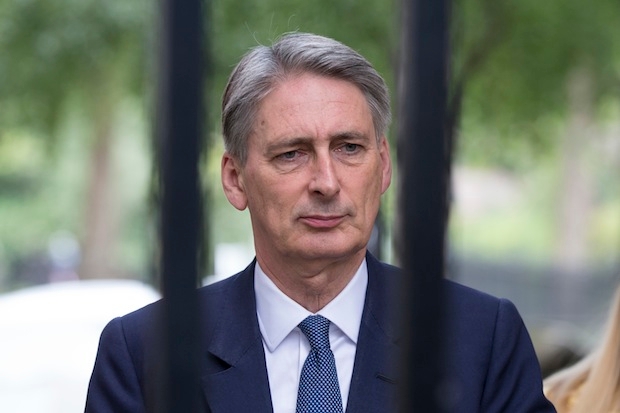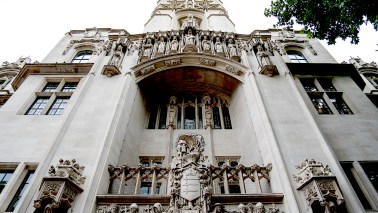Philip Hammond this afternoon ruled out Britain working with President Assad in the fight against Isis, arguing that simply being aligned against a common enemy ‘doesn’t make us friends with someone’. It is nearly a year since the Commons rejected intervention in Syria against the Assad regime, and now figures such as Sir Malcolm Rifkind and Lord Dannatt are arguing that there may need to be some kind of alliance against the Syrian leader in order to defeat Isis. But the Foreign Secretary said:
‘We may very well find that we are aligned against a common enemy, but that doesn’t make us friends with someone It doesn’t make us able to trust them, it doesn’t enable us to work with them. It would poison what we are trying to achieve in separating moderate Sunni opinion from the poisonous ideology of IS if we were to align ourselves with President Assad.
‘We may very well find that we’re fighting on some occasions the same people that he is, but that doesn’t make us his ally. We’ve just heard at least two very good reasons why it wouldn’t be practical, sensible or helpful to even think about going down that route.’
Hammond also insisted that the reason Britain wasn’t putting ‘boots on the ground’ was not just because the British public were opposed to it, but because ‘that would only serve to reinforce the narrative that IS is using to attract Sunni supporters. This needs to be a fight that is death with by Iraqis on the ground.’ It is quite welcome that the Foreign Secretary has said this, as so far ministers have seemed anxious to reassure voters about the absence of boots, rather than talk about whether boots might be a good thing or not for the conflict.
But what is not welcome is that all these clarifications about Assad and about boots are still taking place over the airwaves rather than in the House of Commons. Perhaps this is because, as I say in this week’s magazine, David Cameron is still trying to work out what his strategy for tackling Isis should be. But some of the questions that the legislature should be getting the opportunity to ask the executive are being answered by ministers without that scrutiny at all.
Another matter that will certainly require scrutiny is whether this government is doing enough to stem the flow of Britons joining Isis, and whether its strategy to tackle radicalisation is sufficient. As Douglas explains in this week’s magazine, the number of British jihadists could outweigh the number of Muslims joining the military (something the Times appears to have followed up today). There is also renewed interest in whether the government’s counter-extremism strategy either exists or is being implemented. Coffee House first reported this back in July, but when MPs do return in September, they won’t just want to probe what the government does want to do in Iraq: they’ll need to probe what ministers are doing in this country, too.







Comments